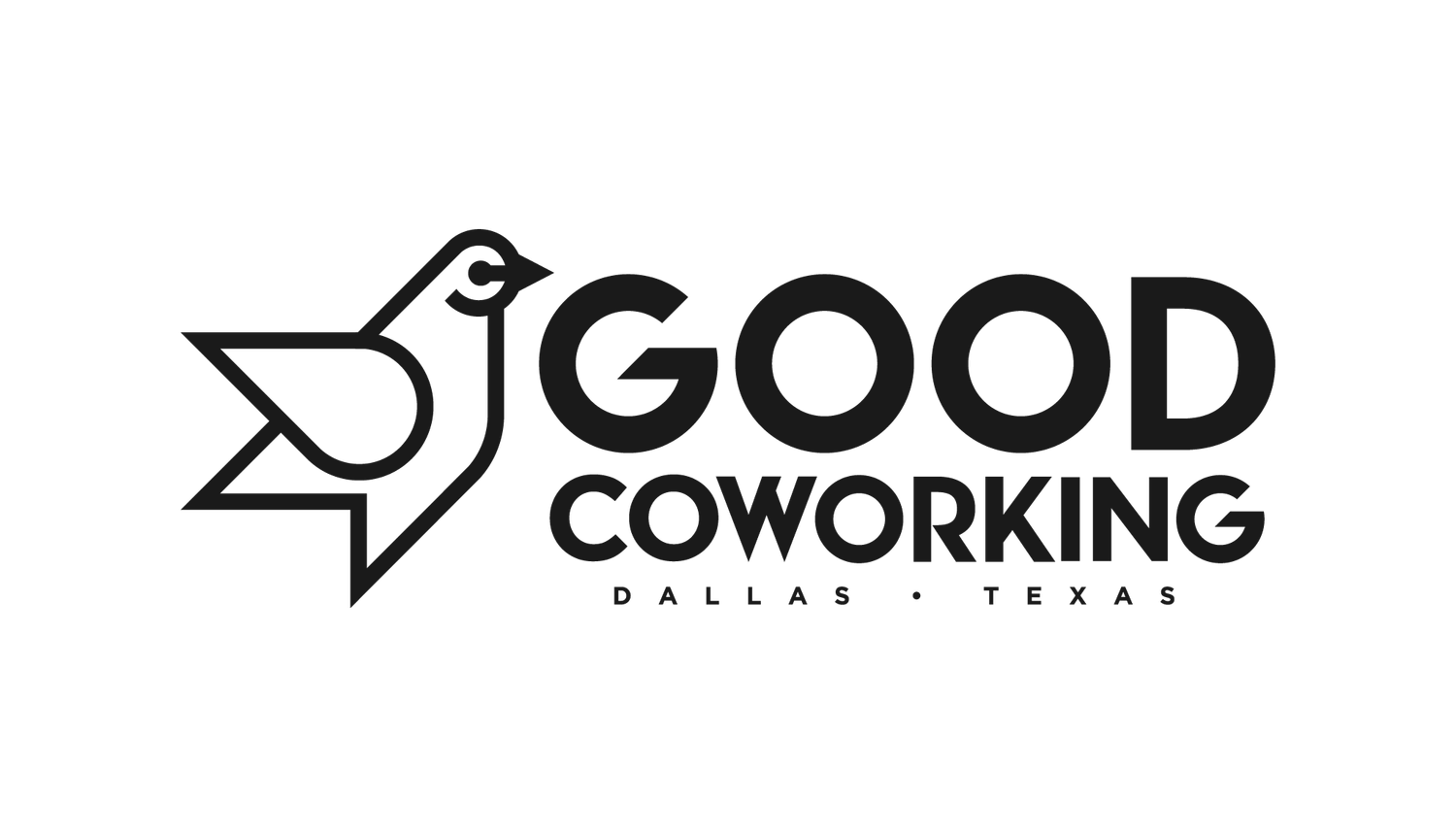Founder’s Story: Benjamin Vann’s “Why”
“These structural barriers have always existed, so covid 19 really just uncovered and really poured gasoline on the fire that already existed, in a way. It actually created even more of a highlight of the importance of things like social capital.”
Good Coworking Co-Founder Amy King recently interviewed friend and member, Benjamin Vann, Founder and CEO of Impact Ventures, a Dallas-based accelerator of minority-owned, impact-focused tech startups. Below is Part One of that conversation.
Q: How has Covid 19 has been impacting minority-owned businesses?
In this country 97% of black owned businesses are sole proprietors, which means they have one or less employees. The average gross sales for black owned businesses just in Dallas County is $53,000 per year. I don't know how many people you can pay with that average gross sales, but not a lot. So unfortunately because of some of the practices already put in place, like credit scores and collateral. These structural barriers have always existed, so Covid 19 really just uncovered and really poured gasoline on the fire that already existed, in a way. It actually created even more of a highlight of the importance of things like social capital. So we found that some of the black owned businesses impacted by covid19 didn't have a relationship with a banker. They maybe had a bank account but didn't regularly check in with their business banker. If you don't have relationship w your banker, they aren't going to be as willing and ready to service you as a client. And sometimes there can be some discriminatory practices there; they may not even want to have a relationship based on how much money is in your bank account. If you're not a major client of theirs, they may not have the right incentive to support you in a way they would other businesses.
I think it also uncovered a lot of the infrastructure things around capacity building for small businesses, for example not having a proper crisis management plan. When these things happen, what are the first things you should do and how are you communicating with your employees and handling contracts? How do you prioritize downsizing and how do you look at our budget - what needs to go and stay? So that internal business knowledge is important. And when you talk about the process of applying for the capital out there, sometimes the process can be very consuming. It can be very confusing to where if someone needs to provide 2-3 years of financials and you don't have a CPA on your team and do all of that yourself, but that's not your skill. That's a big challenge and then now you missed a big deadline while trying to find a CPA that could audit your financials just so you could qualify to apply. Not to say that other cultures don't experience the same challenges in business because they do. But we can see exponentially that black owned businesses are often left with the short end of the stick. 41% of black owned businesses permanently closed their doors over the first three months of Covid-19. And that's a national number from the Stanford Dept for Economic Policy.
Within every challenge, there presents an opportunity, so I think it's an opportunity to critically think about what are those structure barriers put in place in terms of connectivity; what is the ease of getting social capital? How do we build capacity and infrastructure for businesses? Through supporting programs like ours that actually support and train entrepreneurs of color. And then looking at our capital landscape and saying, what types of capital are creating more harm to communities, versus unleashing that talent that they have within the communities? That's one of the things we are looking at is providing alternative, flexible types of capital that work better for entrepreneurs of color and women. And also provide a more flexible holistic benefit to how they organically grow their business.

